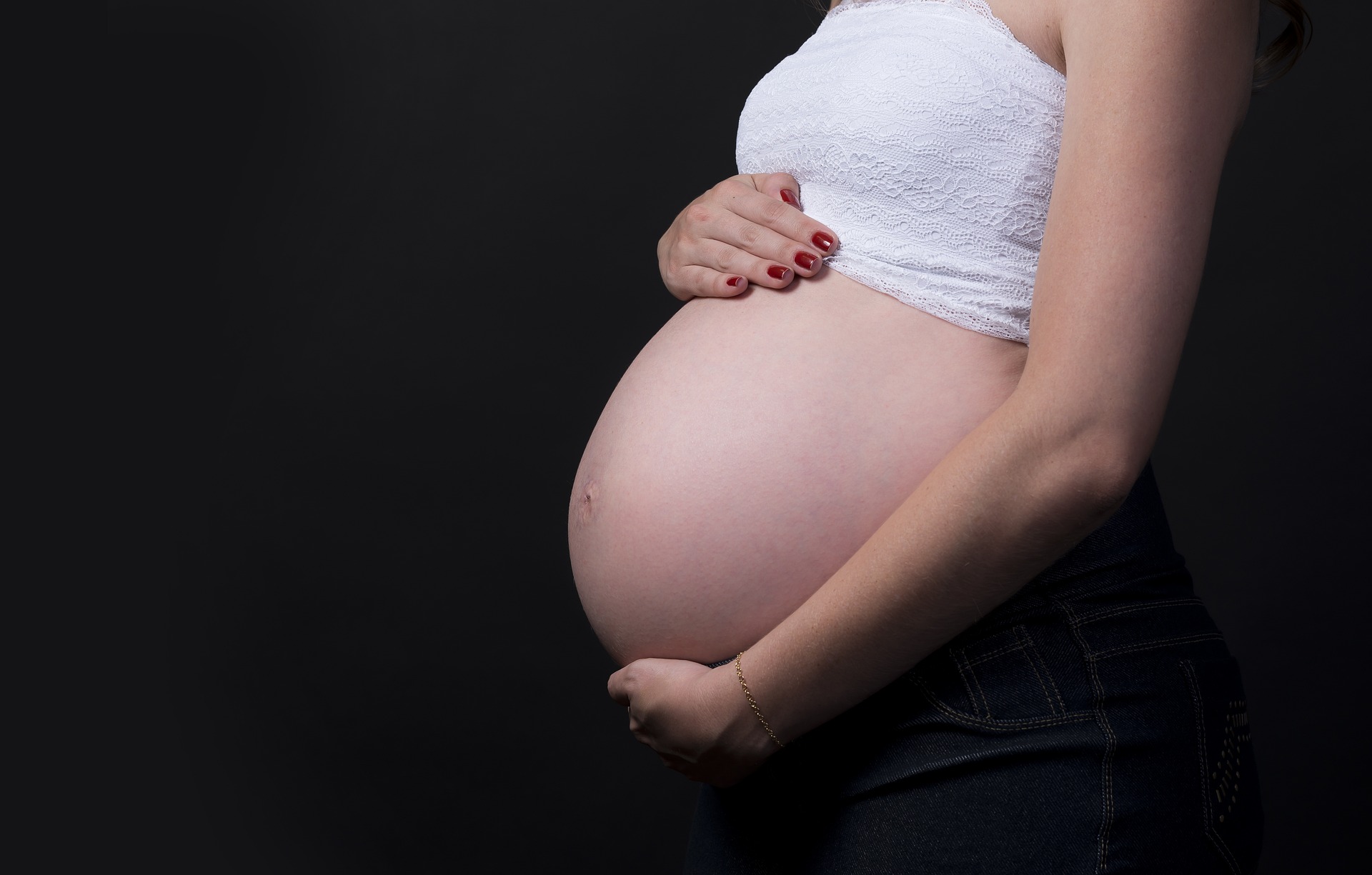News release
From:
INJURY PREVENTION
Externally peer reviewed? Yes
Evidence type: Case-control study
Subjects: Pregnant women
Pregnant women in road traffic collisions at heightened risk of birth complications
Risks even higher for those on scooters rather than in cars, findings indicate
Pregnant women involved in road traffic collisions—even those with minor injuries—are at heightened risk of potentially serious birth complications, including dislodgement of the placenta (placental abruption), very heavy bleeding, and the need for a caesarean section, finds a Taiwanese study published online in the journal Injury Prevention.
And the risks are even higher for those on scooters rather than in cars, the findings indicate.
Road traffic collisions are the leading cause of traumatic injury during pregnancy, with previously published research suggesting they account for up to 70% of such injuries. But most of the evidence base to date on the associated outcomes draws on hospital records and collisions involving cars.
To try and provide a broader perspective, the researchers drew on information supplied to the National Birth Notification (BN) Database in Taiwan, medical insurance claims, and death registry data between 2007 and 2016.
Some 20,844 births were recorded among 20,739 women involved in a road traffic collision while pregnant during this period. They were each matched with 4 randomly selected women, of the same age and at the same stage of pregnancy, but who hadn’t been involved in a road traffic collision (83,274 in total).
Information was collected on potentially influential factors, including area of residence, household income, nationality, lifestyle, and risky behaviours, such as alcohol and drug taking during the pregnancy.
The women who had been involved in road traffic collisions were more likely to live in rural areas, to be financially disadvantaged, and to have engaged in risky behaviours during their pregnancy.
Compared with their peers, these women were 31% more likely to experience prolonged contractions, 51% more likely to experience placental abruption, 19% to bleed very heavily before birth, and 5% more likely to need a caesarean section delivery.
Pregnant women who had sought emergency care or who had been admitted to hospital within 3 days of the incident were 77% and nearly 6 times more likely, respectively, to experience placental abruption.
These women were also at significantly increased risk of heavy bleeding before birth, C-section delivery, and delivering underweight babies.
Injury severity was also an important factor: women who had been severely injured in the collision were 4 times as likely to experience placental abruption, 61% more likely to need a C-section, and 80% more likely to deliver prematurely than those who hadn’t been injured.
But pregnant women with minor injuries were still at significantly increased risk of birth complications, including placental abruption (70% more likely), induced labour (54% more likely), and prolonged contractions (34% more likely).
Pregnant women riding scooters at the time of the incident also had significantly higher risks of birth complications, ranging from 6% (C-sections) to 83% (placental abruption) than those in cars.
“These findings reinforce the fact that healthcare workers should be aware of these effects and consider providing pregnant women with educational materials about road traffic safety and choice of vehicle while travelling during pregnancy,” write the researchers.
“Given the associations observed, a better understanding is needed in future research of the circumstance following crashes during pregnancy in order to develop effective management,” they add.



 International
International


